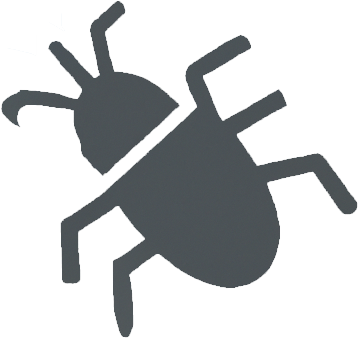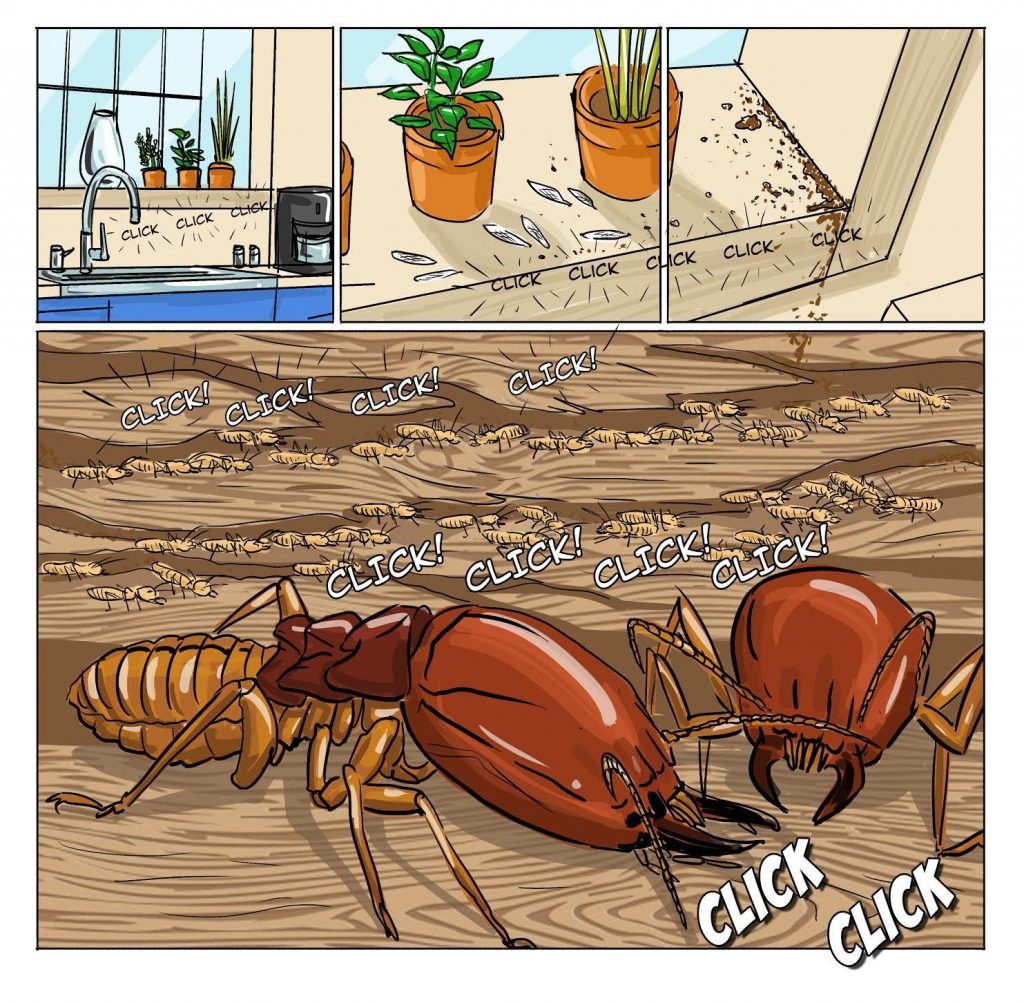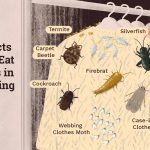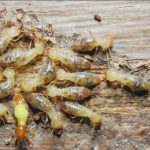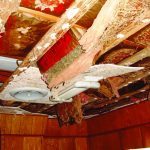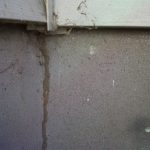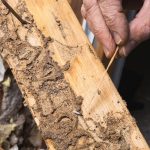Termites can be a real nuisance, causing significant damage to your home if left untreated. But there are some simple steps you can take to get rid of them and prevent them from returning. In this article, we’ll cover the essential tips and tricks to help you get rid of termites and protect your home from further damage.
What are Termites?
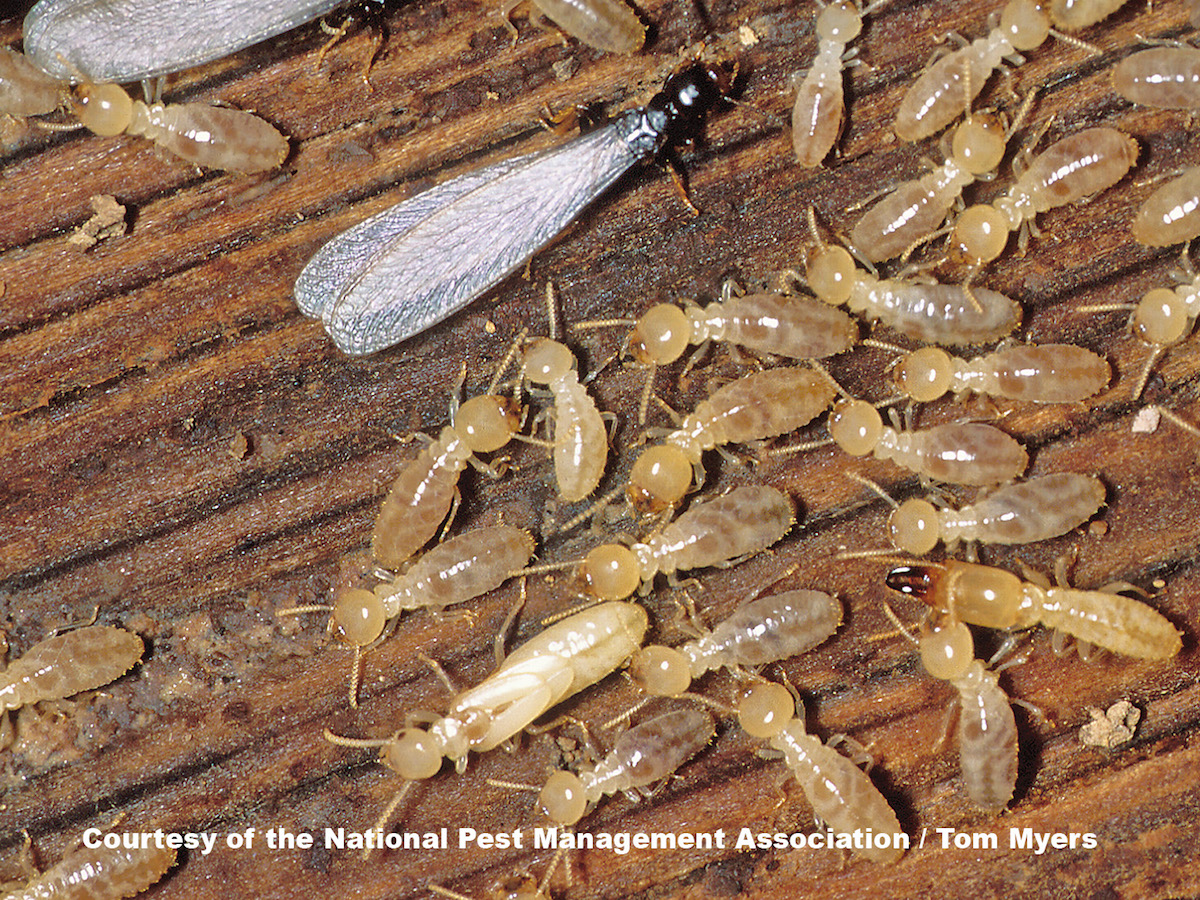
Termites are small, winged insects that live in colonies and feed on wood and other organic matter. They cause significant damage to homes and other buildings by consuming wood, paper, and other materials containing cellulose. Termites are often mistaken for ants, but they have different body shapes and behaviors. Termites are divided into three main groups: dampwood, drywood, and subterranean. Dampwood termites typically live in decaying wood with high moisture content, while drywood termites are found in dry, undecayed wood. Subterranean termites require contact with the soil to survive and are found in underground colonies.
Signs of Termite Infestation
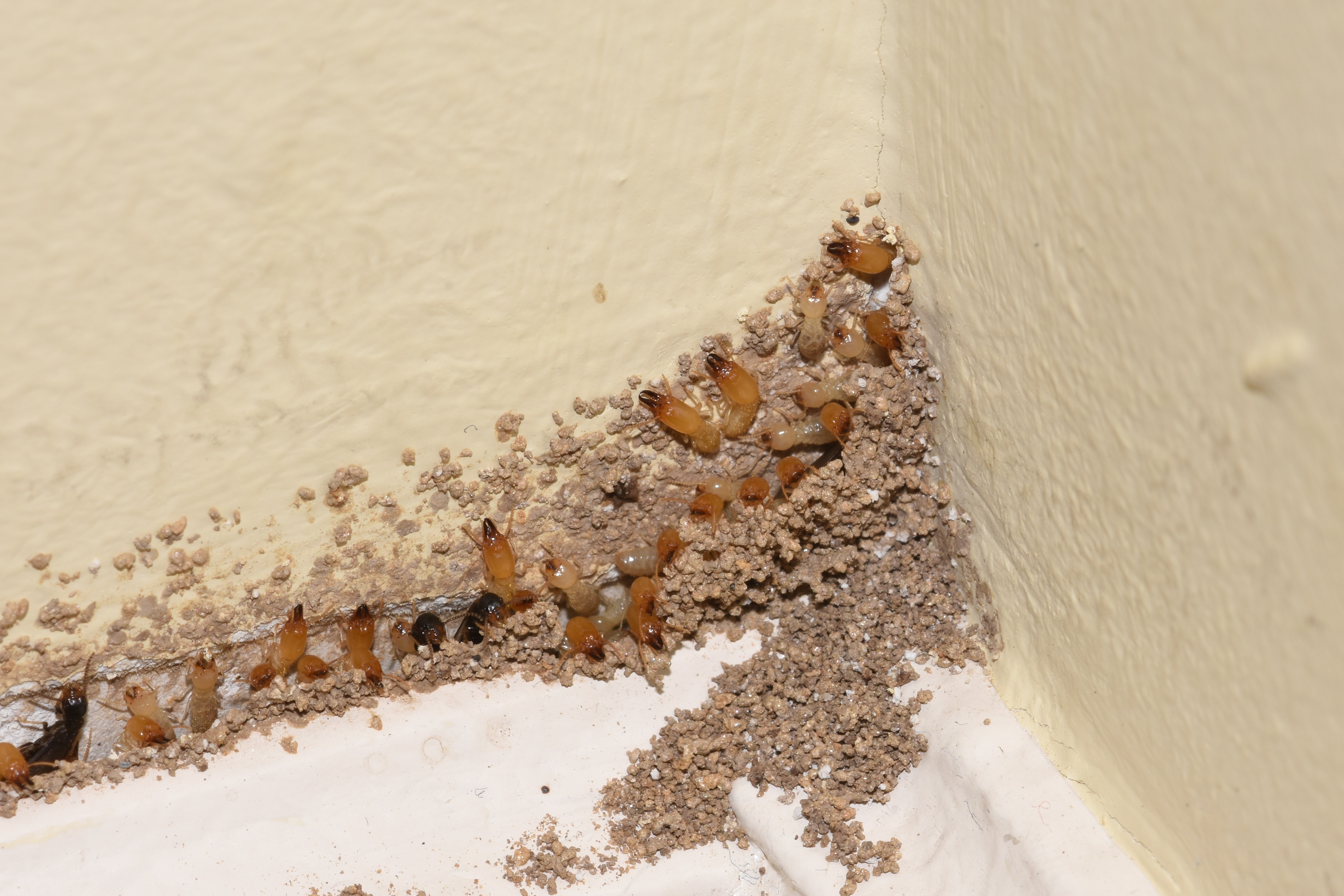
| Sign | Description |
|---|---|
| Mud Tubes | Tunnels made from mud and saliva used by termites to reach food sources. |
| Discarded Wings | Termites shed their wings after they reach their new nesting site. |
| Wood Damage | Termites eat away at wooden structures, leaving behind hollowed out areas. |
| Termite Droppings | Small, dry pellets that can accumulate near infested areas. |
| Noise | Termites make clicking noises when disturbed. |
Termite infestations can be difficult to detect, but there are several signs that can indicate a possible problem. Mud tubes, discarded wings, wood damage, termite droppings, and noise are some of the most common symptoms of a termite infestation. If any of these signs are present, it is important to contact a licensed pest control professional for inspection and treatment.
Prevention

| Action | Description |
|---|---|
| Inspect | Inspect the house and yard regularly to identify any potential problem areas |
| Reduce Moisture | Reduce moisture in and around the home by repairing leaks and using dehumidifiers |
| Remove Food Sources | Remove potential food sources for termites such as wood, cardboard, and paper |
| Seal Cracks and Gaps | Seal any cracks and gaps in the foundation and walls of the home to prevent termites from entering |
| Pre-treat Soil | Pre-treat the soil around the home with a pesticide to prevent termites from entering |
Detection
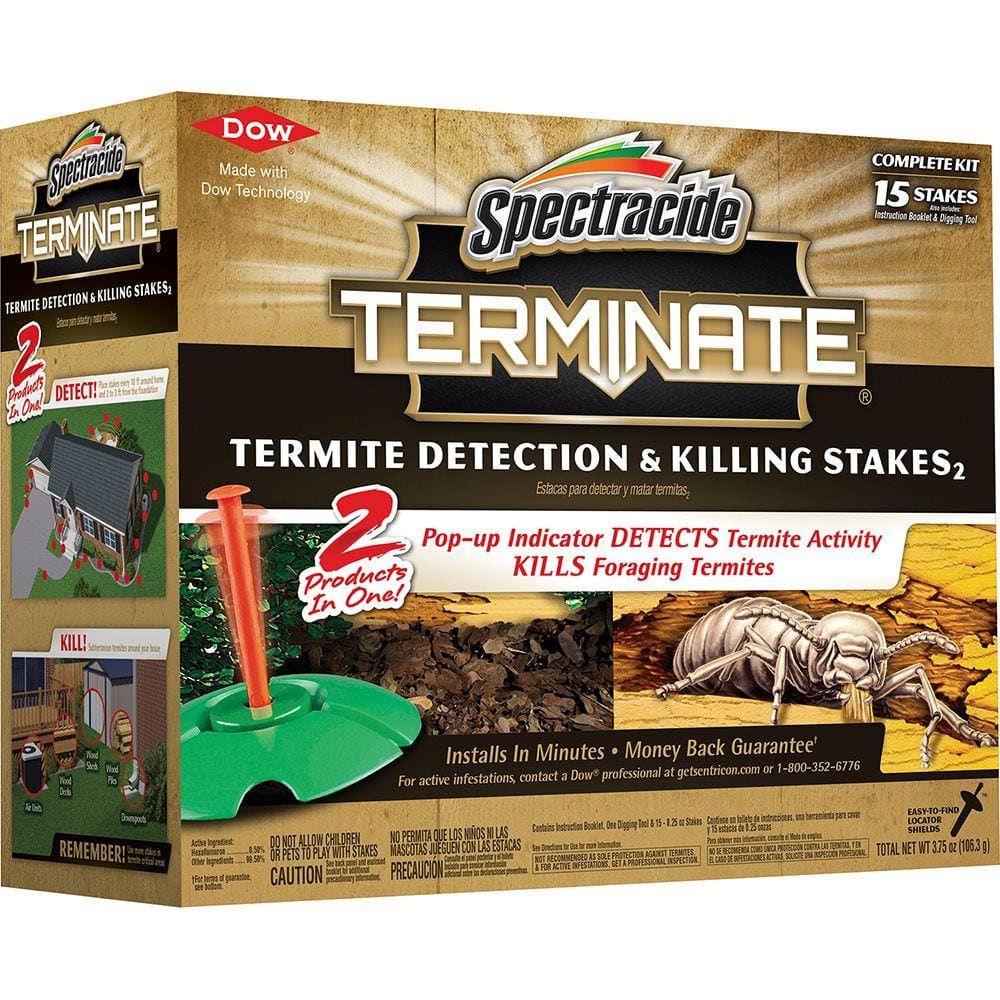
| Method | Description |
|---|---|
| Visual Inspection | Look for signs of damage or termite presence in wood, walls, or other areas. |
| Tapping Test | Tap wood with a screwdriver or other metal object to check for hollow sounds. |
| Moisture Meter | Check for high moisture levels in wood, which may indicate termite presence. |
| Termiticide | Apply termiticide around the perimeter of the property to prevent termites. |
Termite infestation can be detected by a variety of methods. Visual inspection can be used to look for signs of damage or evidence of termites such as mud tubes or shed wings. A tapping test can be done by tapping wood with a metal object to check for hollow sounds, which may indicate termite activity. A moisture meter can be used to check for high moisture levels in wood, which may indicate the presence of termites. Termiticides can be applied around the perimeter of the property to prevent future infestations.
Treatment
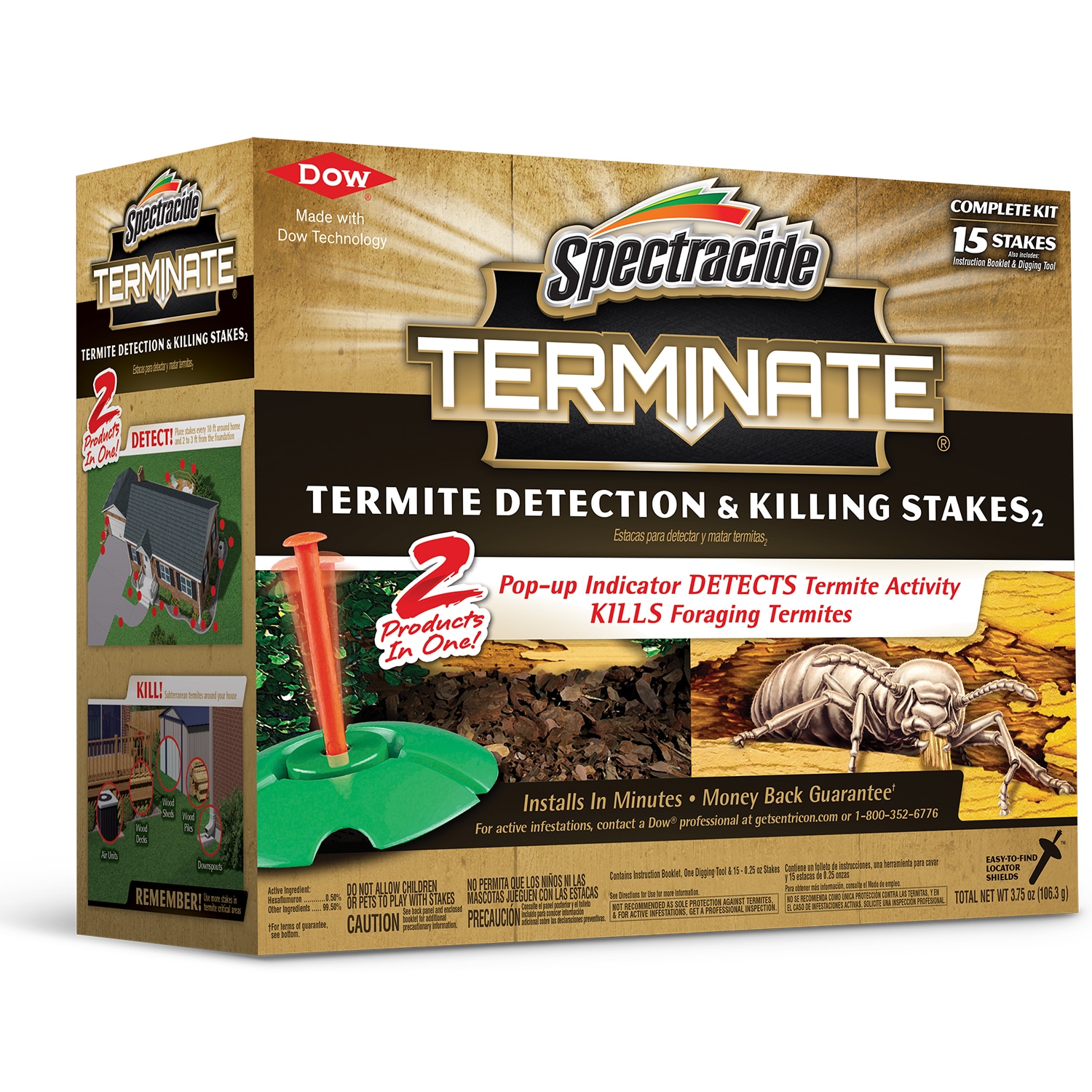
- Identify the type of termite infestation.
- Locate the source of the infestation.
- Eliminate the moisture sources that are attractive to termites.
- Employ a professional pest control company to use a variety of methods to treat the infestation.
- Inspect the treated area regularly for signs of re-infestation.
Professional Pest Control
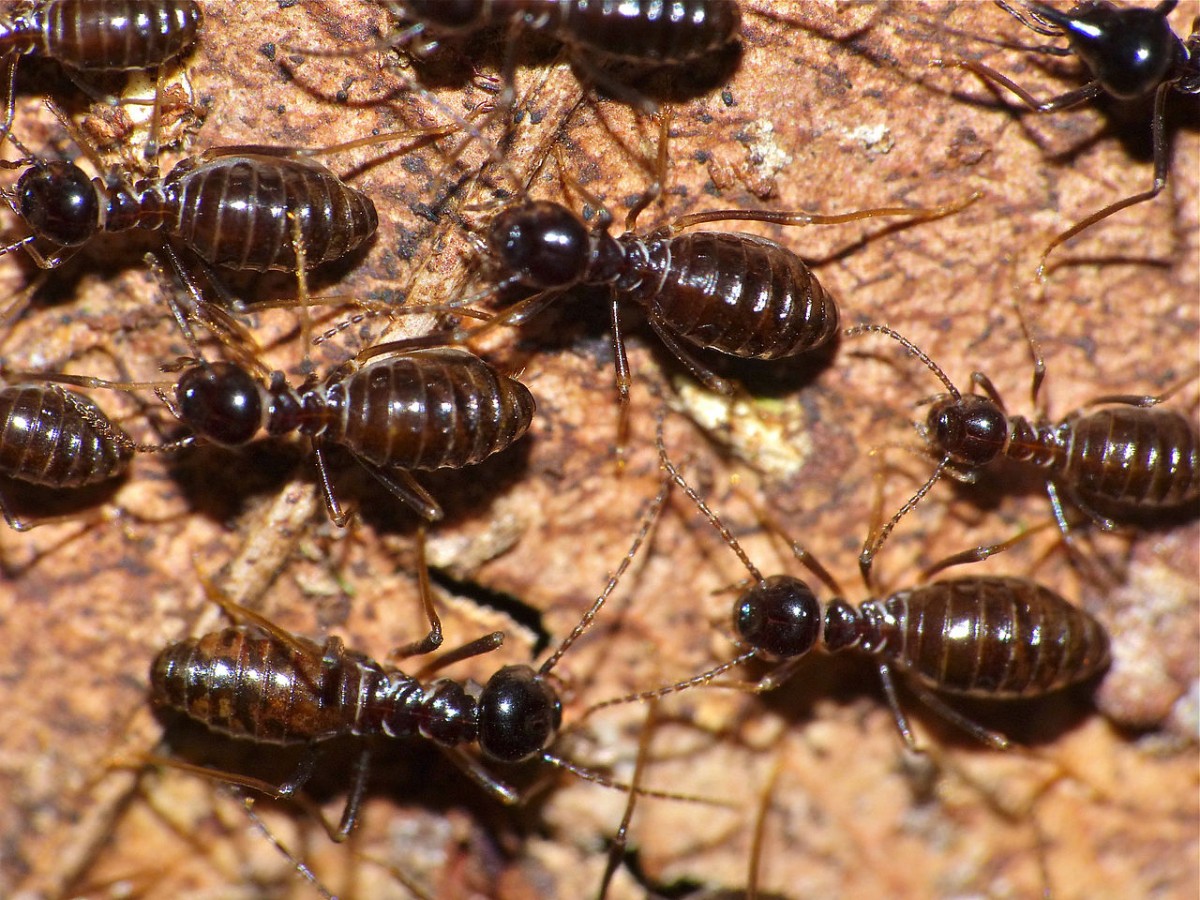
| Service | Description |
|---|---|
| Inspection | A thorough inspection of the property to determine the extent of the infestation. |
| Identification | Identifying the type of termites present in the property and the source of the infestation. |
| Treatment | Applying the most suitable termite treatment method to eliminate the infestation and protect the property from future infestations. |
| Prevention | Installing preventive measures to protect the property from future infestations. |
Professional pest control is the best way to get rid of termites. It involves a few essential steps, including inspection, identification, treatment, and prevention. During the inspection, a pest control expert will examine the property to determine the extent of the infestation. They will then identify the type of termites present and the source of the infestation. Based on the findings, they will then apply the most suitable termite treatment method to eliminate the infestation and protect the property from future infestations. Finally, preventive measures will be installed to protect the property from future infestations.
DIY Pest Control
- Inspect the home for any signs of termites, such as mud tubes, wood damage, or droppings.
- Clean up any wood debris or mulch near the home, as this can attract termites.
- Try a termite bait system, which is a device that attracts and kills termites.
- Seal any cracks or holes in the home that may be providing access for termites.
- Spray the home with a pesticide that is specifically designed to kill termites.
- Use nematodes, which are microscopic worms that naturally feed on termites.
- Introduce predatory insects, such as wasps, that feed on termites.
- Hire a professional exterminator to treat the home with a specialized chemical.
Re-Infestation
Re-infestation of termites is a common problem for homeowners. In order to prevent this, it is important to regularly inspect and treat areas where termites are known to live. To do this, homeowners should hire a professional pest control company to inspect and treat their home for termites. The pest control company will apply a liquid insecticide to the affected areas of the home to kill any existing termites and prevent any new ones from entering. Additionally, they will also recommend treatments such as bait stations, wood treatments, and physical barriers to further protect the home against future infestations.
Frequently Asked Questions
What are the essential tips and tricks for getting rid of termites?
Identify the source of the infestation and eliminate it. Seal off any cracks or crevices around the home or structure to prevent further infestation. Use chemical barriers to prevent termites from entering your home. Remove wood mulch and organic material from around the foundation of your home. Have a pest control expert inspect your property and advise on the best treatment options. Utilize baiting systems to reduce infestations.
How can I kill termites in wood?
Termites can be killed by using a combination of physical and chemical methods. Physical methods such as removing infested wood and applying heat or cold treatments can be used to kill termites. Chemical treatments, such as insecticides and baits, can also be used to kill termites and prevent future infestations. Ensure proper application of the appropriate product for best results.
What is the Best Way to Kill Termites?
The best way to kill termites is to use a combination of treatments that target the entire colony. This includes using chemical treatments, such as liquid termiticides, as well as physical treatments, such as bait stations and soil treatments. Depending on the type of termite infestation, a professional pest control company may be needed to provide the most effective treatment.
Is there a safe and effective way to kill termites in wood?
Yes, there are several methods to effectively kill termites in wood. These include the use of chemical treatments, foams, and dusts, as well as fumigation and heat treatments. All of these methods have their own pros and cons, and it is important to understand which one best suits your needs before attempting to treat for termites. Additionally, using a professional pest control company is recommended for the most effective and safe results.
What are the most effective methods for killing termites?
Termites can be eliminated with a variety of methods including baiting, chemical treatments, and heat treatments. Baiting systems are considered one of the most effective treatments as it eliminates entire colonies and can be monitored to ensure the termites are completely eliminated. Chemical treatments are also effective, but must be applied by a professional to ensure they are applied correctly. Heat treatments are another method of eliminating termites, but require the entire structure to be heated to a certain temperature for a certain duration of time.
Conclusion
Termites can cause extensive damage to your home and property. It is important to take preventive measures to protect your home and property from termites. Early detection and proper treatment is essential to getting rid of termites. It is also important to properly maintain your home and property to make them less attractive to termites. Hiring a pest control professional to inspect and treat your home is the best way to make sure that any termite infestations are properly handled.
